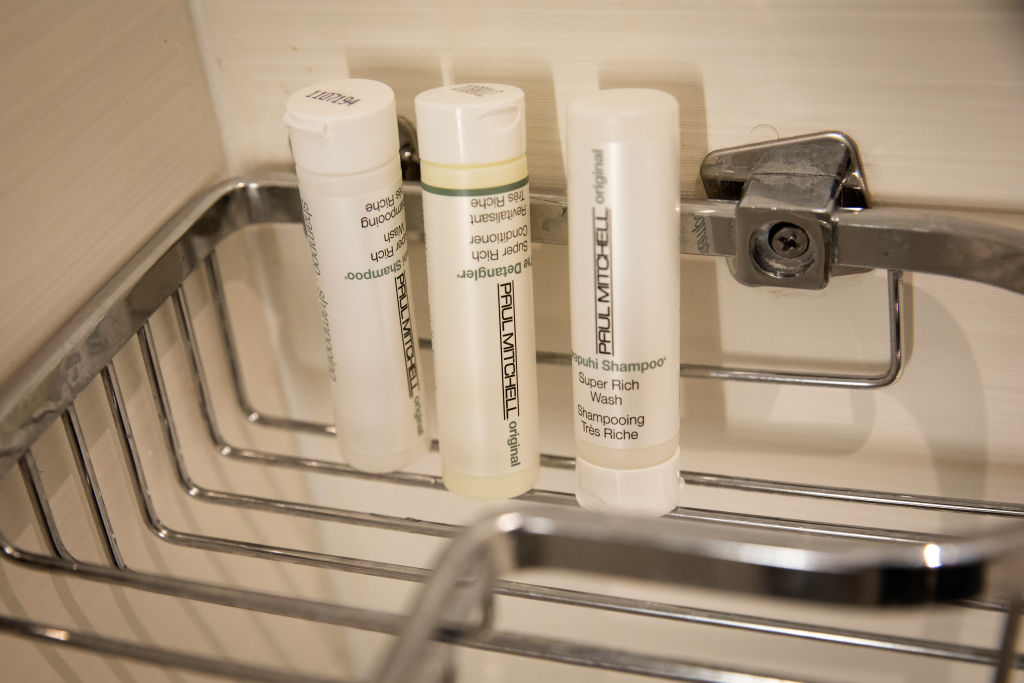Inhabitants of Singapore can put aside their sirloin steaks, pork chops, hamburgers and lamb roast. From now on, they can indulge themselves in eating crickets, grasshoppers, locusts, beetles, mealworms, moths and bees.
This move introduces novel protein sources promoted by the United Nations Food And Agricultural Organisation (FAO), which considers these forms of foods as environmentally friendly.
“With immediate effect, SFA will allow the import of insects and insect products belonging to species that have been assessed to be of low regulatory concern,” the Singapore Food Agency (SFA) said in a press release, published July 8.
“These insects and insect products can be used for human consumption or as animal feed for food-producing animals,” the agency continued, adding that insects could not be “harvested from the wild.”
Some local restaurants are already going all-in on serving the critters. As have some snack companies, such as InsectYumz.
Dutch supermarket chain Jumbo will no longer offer promotions on its meat products, to encourage customers to eat “plant-based” food instead. https://t.co/gdV4E306Uh
— Brussels Signal (@brusselssignal) March 18, 2024
In January 2023, the European Union approved the sale of insects for human consumption in powder and other dried forms under the Novel Food Regulation.
There are several applications for insects intended to be marketed in different forms, which are subject to a safety evaluation by EFSA.
The European Commission has said “it is up to consumers to decide whether they want to eat insects or not”.
“The use of insects as an alternate source of protein is not new and insects are regularly eaten in many parts of the world,” the body claimed, adding that “alternative solutions to conventional livestock need to be found.”
“The consumption of insects therefore contributes positively to the environment and to health and livelihoods.”
Under Horizon Europe, which is an EC funding programme for research and innovation, insect-based proteins are considered one of the key areas of research.
Ermolaos Ververis, Scientific Officer for the European Food Safety Authority (EFSA) Novel Foods Team, told Brussels Signal: “Some novel foods promise environmental sustainability, improved food security, and enhanced nutrition. However, such promises require scientific validation, which is often absent or still ongoing.
“It’s important to note that EFSA does not evaluate the benefits of novel foods as per current regulations. We do the science to make sure that whatever people choose is safe to eat,” Ververis said.
“Our first assessment was concluded in 2021. Since then, the European Commission and member states have authorised several insect-derived novel foods for the EU market. It should be noted that in the EU, the authorisation of novel food products does not authorise the insect species per se in general but the placing into the EU market of specific food ingredients derived from insect species.”
Six applications for insects intended to be marketed in different forms have been authorised, Ververis said.
They are Alphitobius diaperinus larvae products, dried mealworms, whole and ground yellow mealworms, whole and ground Grasshoppers, whole and ground crickets, and partially defatted Whole Cricket Powder.
Eight others are still undergoing EFSA risk assessment.
The Hungarian Council Presidency has expressed reservations about the promotion of novel foods in the European Union. On July 10, it circulated a note to EU delegations in preparation for the upcoming Agriculture and Fisheries Council (AGRIFISH) meeting.
The presidency advocates for promoting “traditional food production and consumption as part of our European way of life,” rather than endorsing novel foods such as insects or lab-grown meat.
France, Italy, and Austria have also indicated similar sentiments.
In response to an inquiry from Brussels Signal, a spokesperson for the Hungarian presidency stated, “Hungary is committed to preserving European food traditions. As the current holder of the Council of the European Union Presidency, we aim to facilitate an exchange of experiences and foster a lively dialogue on the issue of novel foods.”
“The Agriculture and Fisheries Council meeting on 15 July is a great opportunity to further exchange practices and opinions among ministers.”
Eating bugs and insects has gained traction among environmentalists and sustainability advocates. They argue that insect farming offers a more eco-friendly alternative to traditional livestock production, citing significantly lower greenhouse gas emissions, reduced water usage, and more efficient land use.
Besides, it is claimed that insects contain vitamins, minerals and are filled with proteins.
The World Economic Forum (WEF) also promotes eating insects because it “could reduce climate change.”
According to the WEF, people have been “conditioned to think of animals and plants as our primary sources of proteins,” and that “the major differences between insect and other sources of protein exist largely in the cultural and environmental realm.”
Likewise, a report by the United Nations Food and Agriculture Organisation (FAO) from 2013 already said that eating insects could help boost nutrition and reduce pollution.
A study by the University of Wageningen says that eating bugs aligns with the Sustainable Development Goals (SDGs) of the United Nations, using similar arguments, as do other studies, including one from the European Parliamentary Research Service.
Many Europeans are already consuming insects unknowingly. Carmine, a common red food colouring, is derived from cochineal insects.
These tiny bugs are crushed to produce the red pigment used in various food products and cosmetics. This practice has been widespread in the food industry for years.
Carmine, listed as additive E 120 in the list of EU-approved food additives, is added to highly processed foods like yoghurts, ice creams, fruit pies, soft drinks, cupcakes and doughnuts while it also is widely used in the cosmetics industry.
The peasants are revolting: This year’s farmer protests are a mere foretaste of what is to come if Brussels does not change tack, writes @HenryOlsenEPPC. https://t.co/6dzcnTHbgk
— Brussels Signal (@brusselssignal) February 22, 2024





